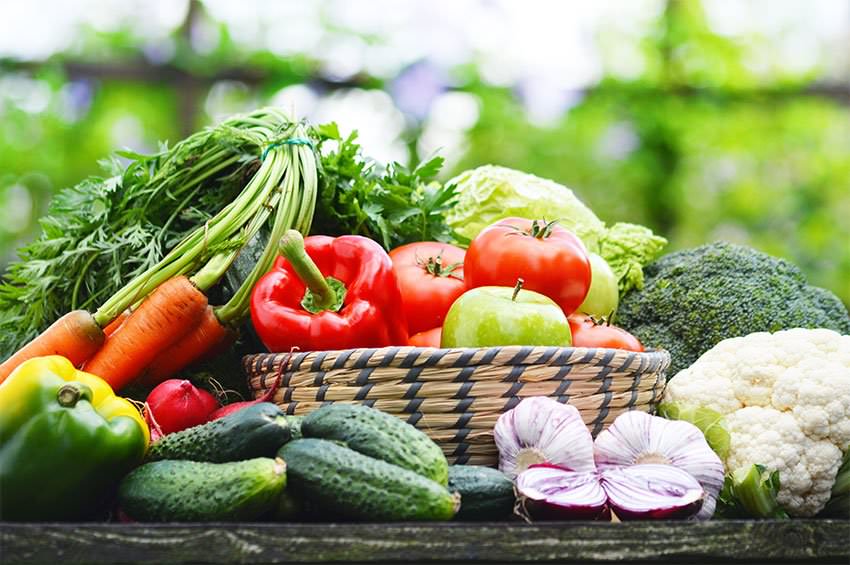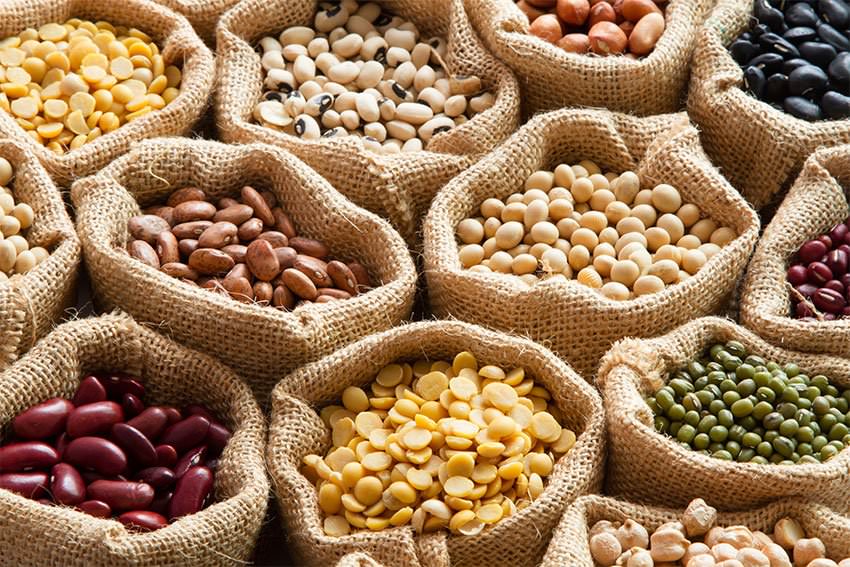How To Reduce Inflammation By Making Simple Changes To Your Diet
5 Food Groups To Combat Inflammation
Inflammation is a condition we usually associate with pain and discomfort, but research also shows it is the root cause of many diseases. The medical community recognizes inflammation plays a major role in arthritis, allergies, and Crohn’s disease, but now it appears it is the underlying cause of many more.
Inflammation may also set the stage for multiple sclerosis, psoriasis, pulmonary fibrosis, asthma, and many autoimmune diseases. Research also suggests it may contribute to high cholesterol and blood pressure, cancer, obesity, heart disease, Parkinson’s, and Alzheimer’s.
When Is Inflammation A Concern?
Inflammation is part of your body’s innate immune response. It normally triggers healing and then dissipates with help of the lymphatic system. However, research suggests constantly bombarding your body with the wrong foods can cause immune system dysfunction and chronic (continual) inflammation.
Chronic inflammation damages tissues and it can also cause toxins to accumulate in your body. In extreme cases, the body can no longer recognize a foreign attacker and attacks its own tissues instead (autoimmune disease).
How Can You Help Prevent Chronic Inflammation?
Ample evidence exists to support that plant-based diets like Mediterranean and Asain-style have positive health benefits and may even reduce the risks for many diseases. An anti-inflammatory diet is very similar and includes the following foods:
1. Vegetables & Fruit
Studies show that high consumption of fruit and vegetables lowers C-reactive protein (CRP) levels, a bio-marker for inflammation. At least 5 vegetable servings daily provide you with valuable antioxidants, phytochemicals, vitamins, and nutrients.
Focus on dark leafy greens such as spinach, lettuce, kale and collard or mustard greens. Also include root vegetables such as beets and carrots, as well as cruciferous vegetables such as cabbage, broccoli, and cauliflower. Onions and squash are also welcome additions to an anti-inflammatory diet.
The anthocyanins in berries and cherries also have an anti-inflammatory effect as do citrus fruits high in vitamin C. Aim for 3 to 4 servings of these types of fruit per day and choose those with the darkest or most brilliant color.
2. Beans & Legumes
These foods combat inflammation because they’re loaded with antioxidant and anti-inflammatory compounds, fiber, and protein. Add at least 2 servings of black beans, chickpeas, lentils, pinto beans, red beans, or black-eyed peas to your diet per week.
Note: some people claim that beans and legumes can cause inflammation because they contain lectins which are hard to break down. However soaking, sprouting and cooking beans and legumes can neutralize the lectins and make consuming these foods perfectly safe. Additionally, some people may have natural sensitivity to beans and legumes, which can cause an inflammatory response. Therefore it’s important to determine how your body responds to each of these.
3. Omega- 3 Fatty Acids
Both the American Heart Association and the Academy of Nutrition and Dietetics recommend eating fish at least twice weekly due to its high omega-3 content. Oily fish such as sardines, tuna, salmon, and herring are preferable.
 If you’re not able to add these types of fish to your diet, fish oil supplements containing EPA and DHA are also acceptable. Although there is no official daily recommended dosage, health professionals and organizations generally agree that 500 – 900 mg of EPA + DHA are allowable. Other sources of omega-3 fatty acids include flax seeds and walnuts.
If you’re not able to add these types of fish to your diet, fish oil supplements containing EPA and DHA are also acceptable. Although there is no official daily recommended dosage, health professionals and organizations generally agree that 500 – 900 mg of EPA + DHA are allowable. Other sources of omega-3 fatty acids include flax seeds and walnuts.
4. Healthy Fats
Walnut oil is especially helpful because it has oleocanthal, a substance which dampens inflammation processes naturally. It also has 10 times the omega-3 fatty acids of olive oil. Other healthy fats include extra virgin olive oil, avocado, flax seed, sesame seed and hemp seed.
5. Herbs & Spices
Numerous studies show that certain herbs and spices can decrease inflammation. Turmeric is well-known for its active anti-inflammation ingredient – curcumin. Another valuable addition to your meals is the anti-inflammatory agent found in chili peppers: capsaicin.
Ginger and garlic also demonstrate anti-inflammatory properties as do basil, cinnamon, rosemary and thyme.
It is important to remember that diet isn’t the only factor that causes inflammation. Stress, pollution, excess weight, and lack of sleep can trigger it too. Eating a balanced diet, drinking plenty of water, managing your weight, and exercising regularly reduces the likelihood inflammation will affect you negatively – and you’ll look and feel better too. Of course, adding anti-inflammatory foods to your diet certainly can’t hurt.
